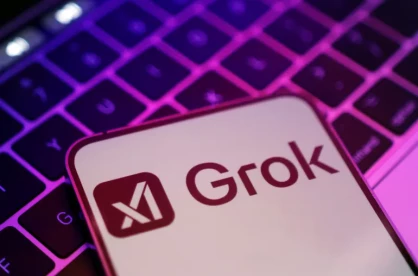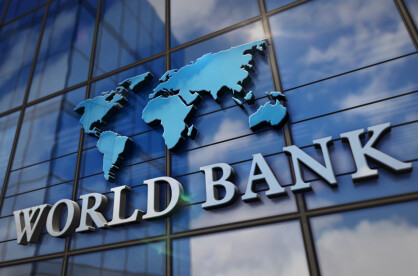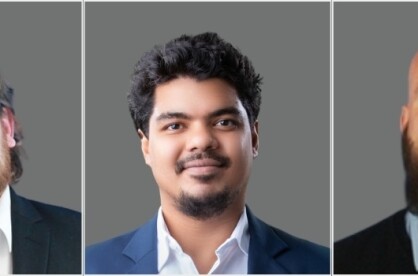Diplomacy; a breakdown
The representation of a nation's identity and its values on the global stage lie increasingly on diplomats.

Source: Twitter - Abdullah Shahid
The representation of a nation's identity and its values on the global stage lie increasingly on diplomats.

Source: Twitter - Abdullah Shahid
The world of the present still plays somewhat by rules that are reminiscent of times immemorial; where nations deal with each other on various stages, of war, peace, trade, and unity, and sovereignty hangs on the balance of a sword’s edge. While the cultures of interaction have stayed consistent, the tools have evolved in both sophistication and application. One undeniable truth would be the importance of diplomacy, and indeed diplomats, as the first line of defence, rather than military might.
With over 200 countries, of varying population concentrations, areas of influence, economic prowess, and military strength, globalisation has brought about, quite inevitably, a common ground. On the face of the matter, gone are the days of brute force and conquering; of colonialism and genocide as accepted methods of interaction, and humanity as a collective have risen to a sense of conscience that shies away from such practices. Although internal strife, terrorism, and ideological wars are being waged even today, the international stage has been levelled to a standard where communication and understanding is key.
Diplomacy is a field that seems to be taken for granted by the people, as for them their representation comes from their elected leaders. This lacuna of attention is not new; messengers, ambassadors, delegates, and consuls have been playing the more crucial role of maintaining peace and power in lobbies and courts for millennia, yet their importance is usually hushed. The discussions they hold, the leeways they accept, and the contradictions they may face are usually behind closed door discussions and need-to-know, yet even that veil is slowly being drawn back due to globalisation.
The fervour at which the Minister of Foreign Affairs for the Maldives has been conducting his duties is also not a new concept; upon his shoulders lies a legacy of diplomatic relations and work done by the Maldivian delegates for centuries hence. Now, after being elected to the position of President of the 76th United Nations General Assembly, Abdullah Shahid has been working tirelessly to strengthen bonds between the Maldives and other nations, flying hours and miles to ensure the work he does is of the standards expected of him.
Having established that diplomats are such important members of the civil service, it is key to understand why this is so.
Diplomacy as a tool of international relations can include trade agreements between nations, defence pacts for a untied front, partnered development projects, and even foreign aid, which is something the Maldivian population has always heard quite a lot about. Furthermore, fighting for universal human rights and even climate change advocacy is part and parcel of the diplomats’ responsibilities, further outlining their importance.
Diplomats are representative agents of each field of interest for any given situation or discussion, are responsible for ensuring the interests of the nation they represent, and to work to achieve the best deals and agreements possible. They are also tasked with carrying the voice and opinions, the requests and demands of entire nations, and to give these the proper attention on an international stage. They are also responsible for gathering information from the nations and diplomats that they’re dealing with, to understand motives and intentions, and to navigate discussions that so much may hinge upon at any given time.
Ambassadors are a type of diplomat with a focus on the country they are assigned to, tasked with being the representative for bilateral relations. They have a wider range of powers in both representation and decision making, and that is defined as Plenipotentiary Powers. This means that the diplomatic agent has the power to make decisions on behalf of their representative country, including signing treaties and conventions, without the need for prior authorisation. To be tasked with wielding such power is an immense responsibility, and it doesn’t end there.
Another factor that is mostly overlooked is how diplomats need to at times align themselves vocally and in support of certain nations, their policies and standings in order to maintain diplomatic amicability. The people of a nation may find this peculiar, such as when it comes to questions of civil liberties, certain rights and other policies that another country denies yet the representative country may champion. It is these sorts of tactical silences and supportive words that are also at the arsenal of a diplomat, whose first and foremost responsibility is to protect the sovereign rights of their nation, including not intervening onto the sovereignty of another.
Diplomats, as the first line of defence, are working in one of the most taxing occupations, where every word they say and hear is of utmost importance and could mean the difference between war and peace — this may sound like an exaggeration, but this truth is far from fiction. Constantly vigilant, and constantly on a world stage, diplomats serve behind elected leaders, and it is them that are responsible for the modicum of global peace that human civilisation is experiencing in this day and age. They are also the key in resolving the conflicts that plague the globe, and as such their work is never complete.



